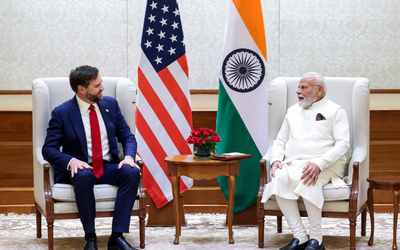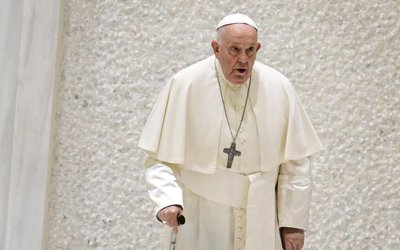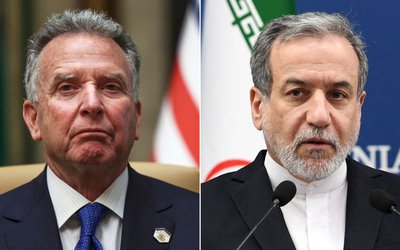More on International






After a senior Gorkha leader, Madan Tamang, was assassinated with khukuri in Darjeeling, many questions have arisen regarding the continuity of the Gorkhaland movement. The reason is the North Bengal police have filed a case of murder against the leaders of Gorkha Janamukti Morcha, including its president, Bimal Gurung.
Madan Tamang, 62, president of Akhil Bharatiya Gorkha League, was assassinated when he was preparing for a mass meeting in Darjeeling on May 21. An unidentified group came to the spot of the mass meeting and attacked Tamang with khukuri. Reports say that the cadres of Gorkha Janamukti Morcha had been obstructing Tamang from organizing the mass meeting in Darjeeling for a few days.
Madan Tamang was a supporter of the separate Gorkhaland state but not of Gorkha Janamukti Morcha, which is the party leading Gorkhaland movement. He used to criticize the activities of the Morcha that the Morcha was going to agree with the Central and the West Bengal Governments in an interim setup including Darjeeling Hills, Siliguri Terai and Dooars.
After killing of a senior Gorkha leader, Gorkha people are afraid of insecurity in the Darjeeling Hills. But they keep mum instead of expressing anything. They are also frustrated regarding the future Gorkhaland movement. The thousands of people attending the funeral ceremony of Tamang also protested Morcha’s leaders. They raised slogans that Morcha’s leaders were responsible for the killing of Tamang.
After the North Bengal police filed the case of murder against Morcha’s leaders, 11 central committee members resigned from the party. Later, the spokesperson of the party Harka Bahadur Chhetri and L. B. Pariyar took back their resignations on the party’s pressure. But, the 9 members have also played vital role in the talks with the centre and the West Bengal Government. Madan’s Tamang younger brother Amar Lama also resigned from the party.
The intellectuals express frustration about how the movement would develop in the future. Dr. Kumar Pradhan, a senior journalist and retired professor, says that the assassination of Tamang is the worst of all. He said, “Let’s see what will be there in the future.”
The political analysts say that Morcha now faces many difficulties in leading the movement. The executive editor of Himalaya Darpan, a daily newspaper in Nepali from Siliguri, Sibu Chhetri, said, “The losing of key persons of Morcha will affect in implementing the programmes of agitation”, Sibu said.
Many Indian Gorkhas have now begun saying that the agitation of 1986 came to an end with the agreement of Darjeeling Gorkha Hill Council, a developing agency which is inactive now. The present movement also has faced many obstructions with the clashes among Gorkha groups.
After 5 days from Tamang’s assassination, Morcha’s President demanded investigation from Central Bureau of Investigation CBI. He said, “The police want to defame us.” But the West Bengal Government ordered a CID inquiry into the brutal murder of Gorkha leader, Madan Tamang. Director-General of Police Bhupinder Singh said a CID probe had been ordered into the All India Gorkha League (AIGL) president’s killing. He said Special IGP Pankaj Dutta and IGP (CID) N.N. Pandey have been sent to Darjeeling.
The people say now Morcha has responsible works to do immediately. The first is that Morcha has to prove itself that it was not involved in the assassination of Madan Tamang and the second is that it has to continue the talks with the Centre and the West Bengal Government.







